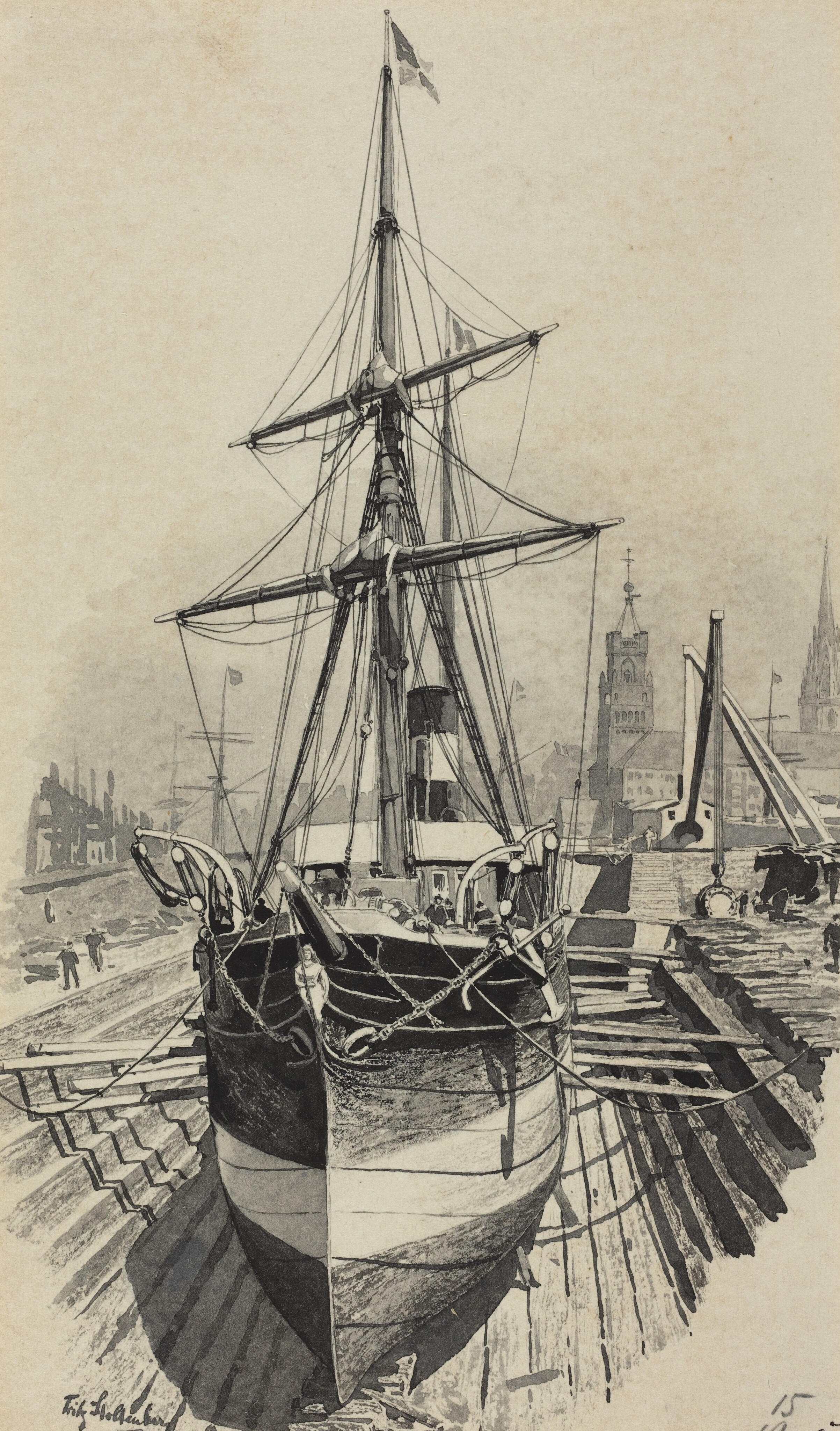Industry News
USTR Creates Supply Chain Uncertainty Related to Chinese-Origin Ships
TweetFeb. 6, 2025
By:
Austin J. Eighan
In a potentially momentous decision, the U.S. Trade Representative (USTR) has determined China’s policies targeting the maritime, logistics, and shipbuilding sectors unreasonably burden or restrict U.S. commerce under Section 301 of the Trade Act of 1974.

In the report published on January 16, 2025, USTR found that China’s behaviors foster dependencies that undermine national economic security, restrict opportunities for U.S. businesses, and ultimately undermine supply chain resilience. The report cites China’s state-driven industrial planning and control over commercial behavior on non-market terms as leading factors in its significant market dominance in these sectors. Specifically, China’s national and industry-specific five-year plans have led to the nation’s share of global shipbuilding tonnage growing from under 5% in 1999 to over 50% in 2023, while the nation also maintains control of 95% of shipping container production and 86% of intermodal chassis supply worldwide.
USTR’s determination follows an investigation triggered by a petition under Section 301 from five U.S. labor unions that highlighted China’s aggressive use of non-market mechanisms to dominate these industries. Since Section 301 permits USTR to take a wide variety of actions in response to foreign government acts, policies, or practices that are unreasonable or discriminatory and burden or restrict U.S. commerce, the petitioners proposed several counteractive measures, including: imposing port fees on Chinese-built vessels (scaled by vessel size and age), creating a U.S. Shipbuilding Revitalization Fund, and mandating the use of U.S.-built ships for certain cargo.
Although USTR’s investigation ultimately determined that China’s active targeting of these industries is actionable under Section 301, the agency advised in the accompanying Federal Register Notice that the responsive actions necessary to counteract China’s policies will be addressed in future proceedings. If some or all of the suggestions for remedies requested in the petition are adopted United States ocean importers could face a more expensive and complex landscape. This includes possible container surcharged based on the origin of the container ship used or limited availability of berth space of their commodities are required to be shipped on non-Chinese (or U.S. origin) ships.
While we cannot yet predict what remedies will be applied (if any) we are here to help importers and shippers assess how their business or supply chain could be impacted. Do not hesitate to contact one of our attorneys at Barnes, Richardson & Colburn.
